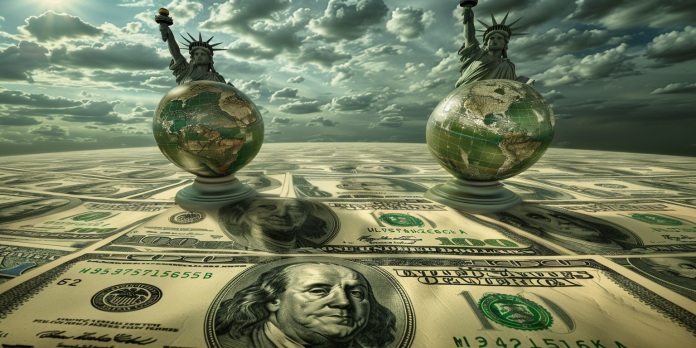The United States is unique compared to the rest of the world. Our economic landscape is dominated by large corporations. These corporations form virtual oligarchies and dominate control of the market segments they serve.
For this reason, it is very difficult for smaller businesses to gain a competitive edge. As a solution, many successful businesses give away promotional items for free. This marketing strategy seems to work best for small businesses for each of the following reasons:
1: Reciprocation
When businesses provide prospective customers with free promo items, the receivers of these promos may feel obligated to reciprocate. A lot of people feel a sense of guilt and want to pay their fair share for products and services. If they like the promo, they may feel grateful, a sense of indebtedness. This sense of indebtedness and obligation can lead to them spreading valuable word-of-mouth advertising or going out of their way to repay their perceived debt.
2: A Gentle Reminder
Many businesses like to give away promo materials for branding purposes. If the prospective customer uses a high-quality coffee mug every morning or a kitchen magnet with a company website or phone number, they won’t forget about it. By contrast, most business cards and bulk emailing campaigns are simply discarded and have little lasting impact.
When businesses can provide prospective customers with branded promo materials, they are certain to spread the word and keep the service or product in mind. Clothing and hats are particularly powerful promo gifts because they are functional and passively spread the message without any obligation on the consumer to act as a spokesperson.
3: Sampling Works
Many large businesses started from nothing because they had good products. However, with every sign and distraction competing for their attention, it was hard for many businesses to get their foot in the door. By handing out free samples of the goods, consumers get to taste-test and determine whether they like it firsthand. While free samples won’t work for every business model, they are a powerful sales driver when used appropriately.
4: Consumers Often Buy Impulsively
Promo offers that set a time limit for consumers to act often nudge consumers into making purchases with impulsivity. Maybe they could budget their money better or look around for better alternatives. But when you give consumers a ticking time bomb to take discounts off the table when they sit on the fence, many are compelled to seal the deal.
5: Promos Are Fun
People just want to have fun and like the free atmosphere that promos create. This is especially true if the promos are given out at a live event where there is music and other festivities. When consumers are having fun, they are less serious about parting with their hard-earned paychecks.
6: Promos Are Adaptable and Often Pay for Themselves
Businesses can think up any number of promos and custom-tailor those ideas to fit any event or market. A promotional item can be chalked up as a business expense and tax credit. And because a successful business model marks up the goods with substantial profit margins, promos that require the consumer to purchase a minimum amount in fine print often pay for themselves.







